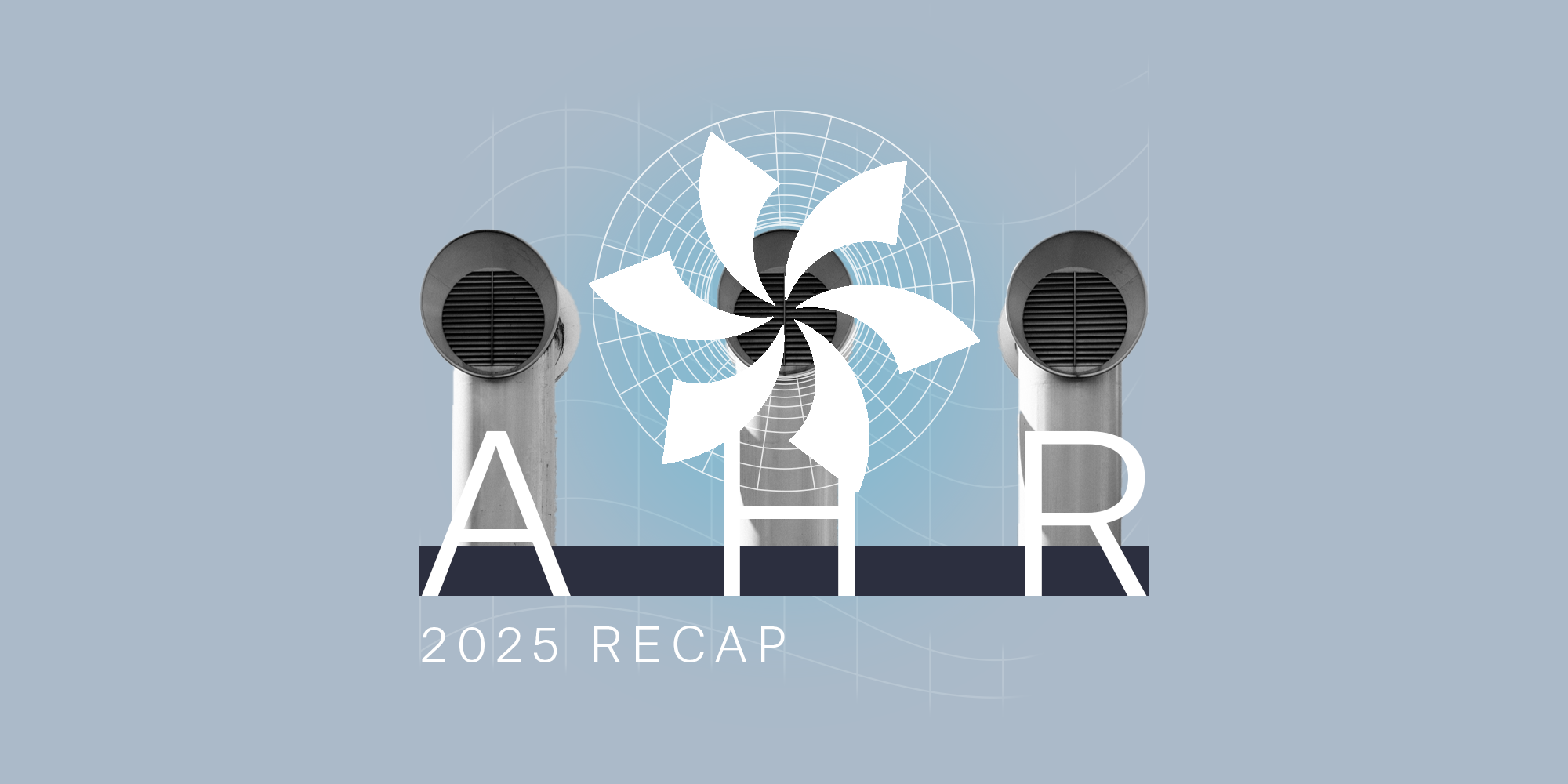AI: The key to achieving global methane emission reduction goals

Key takeaways
- Methane is a potent greenhouse gas with a significant impact on global warming.
- The US and Canada's committed to the Global Methane Pledge at COP28, signalling a growing global trend in methane emission reduction.
- New regulations to reduce methane emissions in sectors like agriculture and oil & gas are likely to lead to higher food and energy prices, increasing demand for energy-efficient AI technologies.
- AI's scalability, flexibility, and cost-effectiveness make it a central tool in managing the transition to lower methane emissions.
Author
Sam Ramadori
The US and Canada committed to the Global Methane Pledge last year’s COP28. With these major players on board, other countries will likely follow suit – a trend that could affect food and energy prices, pushing more countries towards clean energy and AI tech to manage this transition.
The Methane Pledge: A Concrete Commitment
All eyes are on methane following the Congress of the People summit in Dubai at the end of 2023, where major steps were taken to cut down on methane emissions. Countries like the US, and Canada even went so far as to propose new rules and regulations on the agriculture and oil & gas sectors. So why does this matter?
- Methane's impact on global warming is over 80 times stronger than CO2 in the near term. In fact, currently at least 25% of global warming is caused by human-related methane emissions from activities like oil & gas production and consumption, agriculture, and waste management. This means that these restrictions could make a real and rapid difference in cooling our planet.
- The proposed emission cuts could set an example for other countries, particularly those with strong agricultural and oil & gas sectors, encouraging more unified and effective worldwide actions to reduce methane emissions.
- The economic impact of these regulations could be significant, potentially leading to higher costs for food and energy, as well as increased demand for renewable energy and technologies that optimize energy use.
- AI tools are becoming increasingly essential for policymakers, and those in the oil & gas, waste management, and agriculture sectors, to track, monitor, and reduce methane emissions effectively.
A Global Push for Methane Reduction
The world is clearly taking methane reduction seriously. Recently, the EU decided to implement a law beginning in 2030, to cut methane emissions in oil & gas imports. What’s more, the UK was one of the first to sign the Global Methane Pledge back at COP26 in 2021, committing to a 30% reduction in human-made methane emissions by 2030.
The UK has already made significant progress, especially in the energy sector, cutting methane emissions by 84% in the last two decades. However, these methane reductions, while good for the climate, mean that countries producing energy and agricultural products may face tighter financial constraints.
The Economic Impact of Methane Regulations
This is something that Dr Valeri Sokolovski, Assistant Professor of Finance at the University of Alberta, cautions us on. “The UK has done a tremendous job in reducing their methane emissions, but their efforts have plateaued in the last few years. At the same time, the UK is experiencing the highest inflation out of all the G7 advanced economies, which has primarily been driven by food and gas prices. Reducing any more methane for the UK will be associated with higher costs for its agriculture and energy sectors… and these costs will inevitably end up affecting final consumers, including businesses and households. In short, while methane emission reductions are clearly essential for climate health, they’re likely to drive up prices for energy and food in the short term.”
This prediction is grounded in the fact that the shift to more sustainable practices in these sectors is costly. In fact, the oil & gas sector alone currently spends around $520 USD for each ton of methane reduced.
AI's Role in Reducing Methane
AI technology is a key player in addressing these economic and environmental challenges. It can detect and monitor methane leaks (reducing equipment downtime, maintenance costs, and operational inefficiencies), improve agricultural practices, and enhance waste management efficiency.
The benefits of using AI in these cases have spurred the UK, US, and Canada to invest heavily in clean technology and renewables, with AI playing a central role in managing this transition thanks to its rapid scalability, flexibility, cost-effectiveness, and suitability for large-scale industrial applications.
But AI won’t only be useful for large scale industries navigating the transition toward reduced methane emissions. As Dr Sokolovski points out, oil & gas prices will increase due to tighter emissions policies, causing individuals and businesses to look for energy-optimising solutions. “As a result, we’ll see AI increasingly being deployed in, for example, large buildings to optimize energy consumption, making its way into HVAC systems and energy management systems to ensure no kilowatt hour is wasted.”
Technology's Role in Adapting to Change
We might say that the increasing reliance on AI reflects the global movement towards methane emission reduction. Led by nations like the UK, EU, US, and Canada, this movement is driving advancements in clean technology and AI, reshaping how businesses and consumers approach their energy use.
As methane restrictions push up energy prices, the shift toward renewable energy and AI optimization tools will intensify. This transition, while challenging, presents promising opportunities for sustainable growth and innovation, positioning technology at the heart of environmental and economic resilience.














